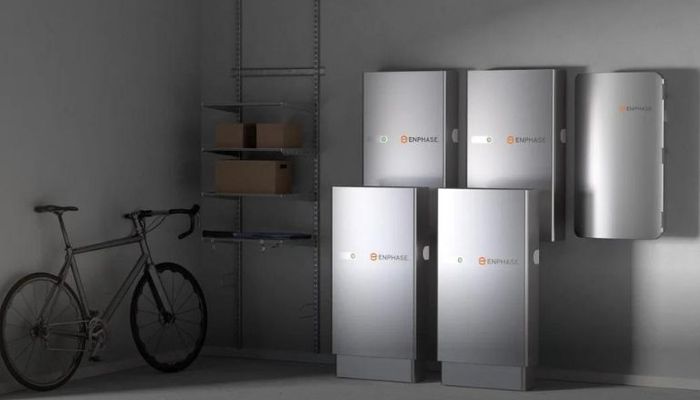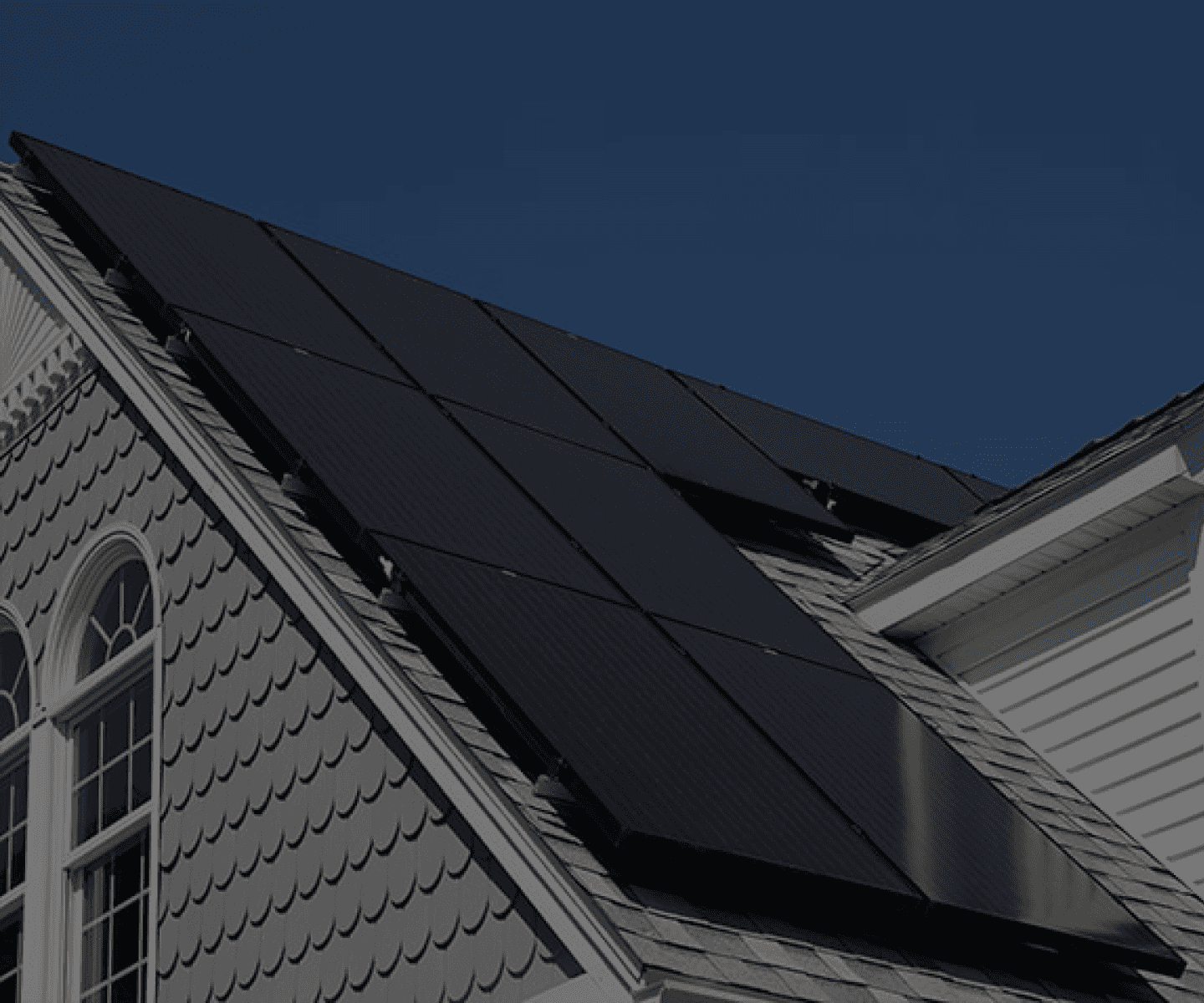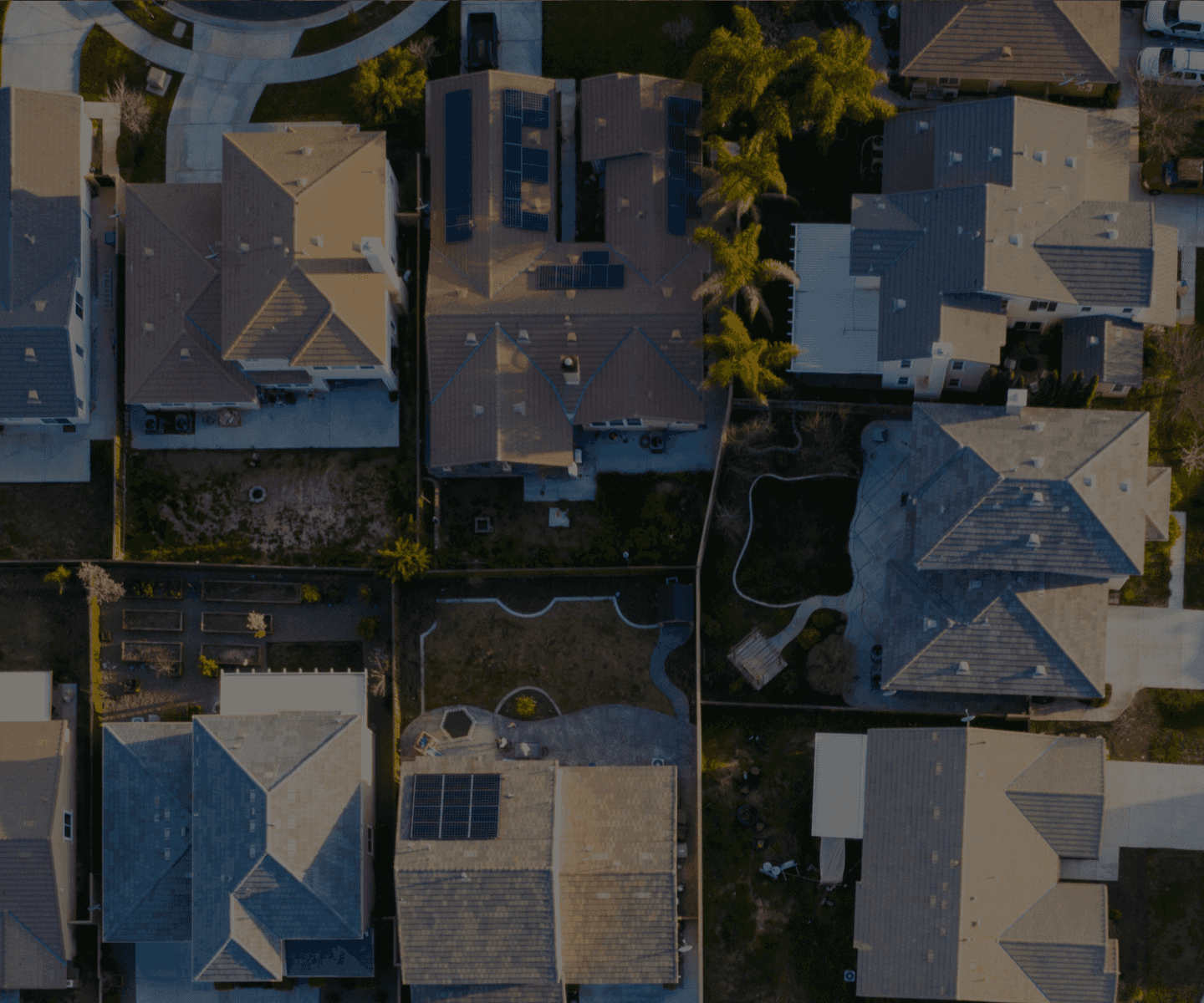Whole Home Battery Backup: Is It Right For Me?

Many homeowners are curious about investing in whole home battery backup to safeguard their power in the event of an emergency.
A battery backup system turns on during an outage to provide emergency power. Backup systems can provide power for the entire house (whole home backup) or they can power certain essential appliances (partial home backup).
Between full house battery backup and partial backup, which is best for your needs? In this post, we break down the differences between whole home backup power and partial home backup to help you make a calculated decision.
Whole Home Battery Backup: How It Works
Whole home battery backup powers your entire electrical system. The battery system must be large enough to support your entire demand. So depending on your power usage and appliances, you may need a very large and expensive system to back up your entire house.
Its output is connected to your main service panel (MSP) to provide power to all circuits. Whole home backup power can be easier to wire in some cases because there is no need to install a separate subpanel for the critical circuits.
Is Whole Home Backup Power Right For You?
If you do not have any large electrical appliances, whole home backup will be much more feasible. Examples of large electrical loads include:
- Air conditioners
- Electric car chargers
- Electric heaters
- Electric ranges
If your house has some of these large loads, you will need a larger battery bank system paired with load management and soft start hardware. This involves higher costs.
Or, decide that you can live without some of your larger loads in an outage, and choose partial home backup instead (more on this below).
We recommend you start by evaluating your needs and the specific appliances you intend to power during an outage. You’ll want to know if a partial home backup solution is possible before attempting whole home backup. Solar professionals can help you size a system that will work best for you and fit your budget.
Partial Home Backup: How It Works
Partial home backup only powers essential household appliances. Bigger appliances will automatically turn off during an outage, because only the essential loads subpanel receives power from the backup system.
A partial backup system can be sized based on the essential appliances you need to power. That means the system size can be much smaller.
When it comes to wiring, the circuit breakers for your essential appliances need to be relocated into a subpanel, which is powered by the backup system during an outage.
Is Partial Home Backup Right For You?
Partial home backup is commonly used for smaller appliances such as:
- Lights
- A few outlets for phone/computer charging
- Security system
- Well pump
- Garage door opener
In many cases, partial home backup is sufficient and more cost-effective. While there are many advantages to having whole home backup, know that you’ll pay significantly more compared to partial backup or a gas generator.
How Much Does Partial and Whole Home Battery Backup Cost?
The total cost for your battery backup system can vary depending on how much power and energy storage you need.
Your choices for equipment can also impact cost. Additionally, the cost can vary whether you’re installing a new solar system, or adding on batteries to an existing system.
To get an idea of the cost of equipment, you can browse our battery backup kits here.
On average, the cost of adding partial backup batteries roughly starts at $10,000. This does not include the costs of any solar system components or installation costs. Whole home battery backup can run you around $20,000 or more in batteries and related equipment, on top of the cost of your solar system.
Learn more: Solar Battery Rebates for California PG&E Customers
How Long Do Solar and Battery Backup Systems Last?
Most solar equipment carries a minimum 10-year warranty.
- Solar panels and racking systems: 25-year warranty
- Inverters: 10 to 25-year warranty depending on the brand
- Batteries: Quality lithium batteries have 10-year warranties
- Monitoring hardware: 5 to 10-year warranty
Is Battery Backup Worth It?
In conclusion, yes — battery backup is a great addition to your solar power. If you are trying to protect your home from power outages, a battery backup system can be extremely valuable, provided it is designed properly and you understand what it can power.
Without battery backup, your solar panels will turn off during a power outage. This is one of the big limitations of grid-tie solar power and an easy justification for adding batteries.
However, whole home battery backup is not always necessary, and requires a bigger budget to allow the system to truly back up your whole home. Partial home backup can help run smaller appliances and sustain your home during an outage. Again, you’ll want to calculate your electrical loads to make the best decision for your home and your needs.
Feel free to reach out to us for more information, advice, or an estimate on your project.






